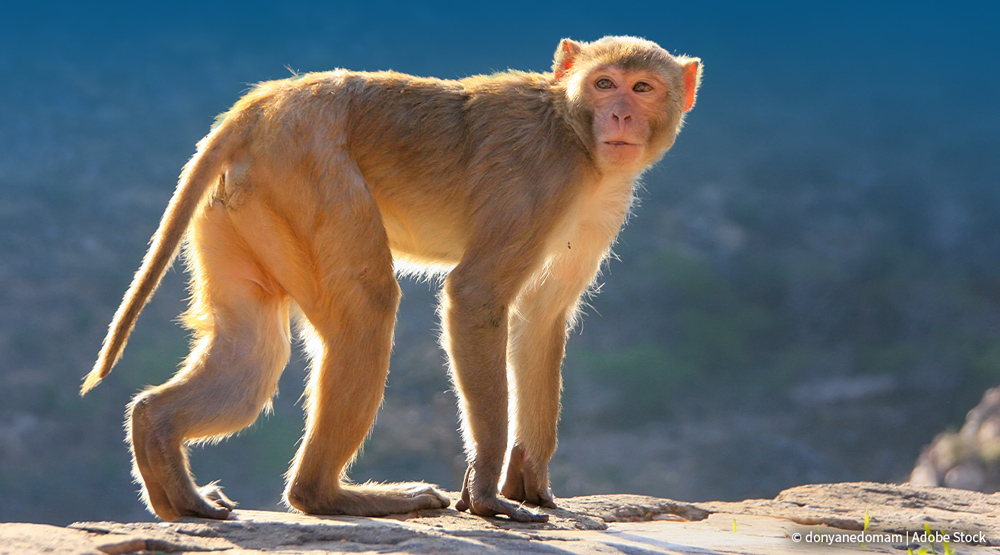 Local Communities Say NO to Primate Breeding for Research You can too! The biomedical community has been trying to expand primate research and breeding in the U.S., claiming there is an international shortage of monkeys for use in experiments, despite increasing monkey numbers in labs (113,000 primates in 2021). New primate facilities have been proposed in rural areas of Texas and Georgia, but local citizens who say they were blindsided by the plans don’t want the monkey farms in their back yards. Charles River Laboratories (CRL), which has been subpoenaed as part of an investigation into the illegal importation of primates from Cambodia, wants to house up to 43,000 monkeys on a 500-acre facility just south of Houston. In southwest Georgia, a company called Safer Human Medicine (SHM), which has ties to CRL, aims to build a $396 million complex capable of holding 30,000 long-tailed macaques. In a letter to local residents, SHM stated that it was formed with one purpose: “to help make sure that medical research in the United States is not slowed because scientists and researchers do not have access to non-human primates.” The public is up against this powerful, profit-driven industry, but is not allowing itself to be pressured. Local communities have said NO to primate breeding, and your voice is needed too! The National Institutes of Health (NIH) plans to renovate, expand, and build new infrastructure at its National Primate Research Centers. The federal government’s 2024 fiscal budget includes $30 million to expand primate breeding efforts and increase the use of primates in invasive research in the U.S. This expands and perpetuates a reliance on animal models that are unreliable and not applicable to human disease. Congress should not bow to pressure from animal research lobbyists by expanding primate research and ignoring the ethical, scientific, and economic concerns surrounding this cruel and flawed science. Contact your Senators and urge them to remove any provision in the NIH federal budget that would increase primate research! |